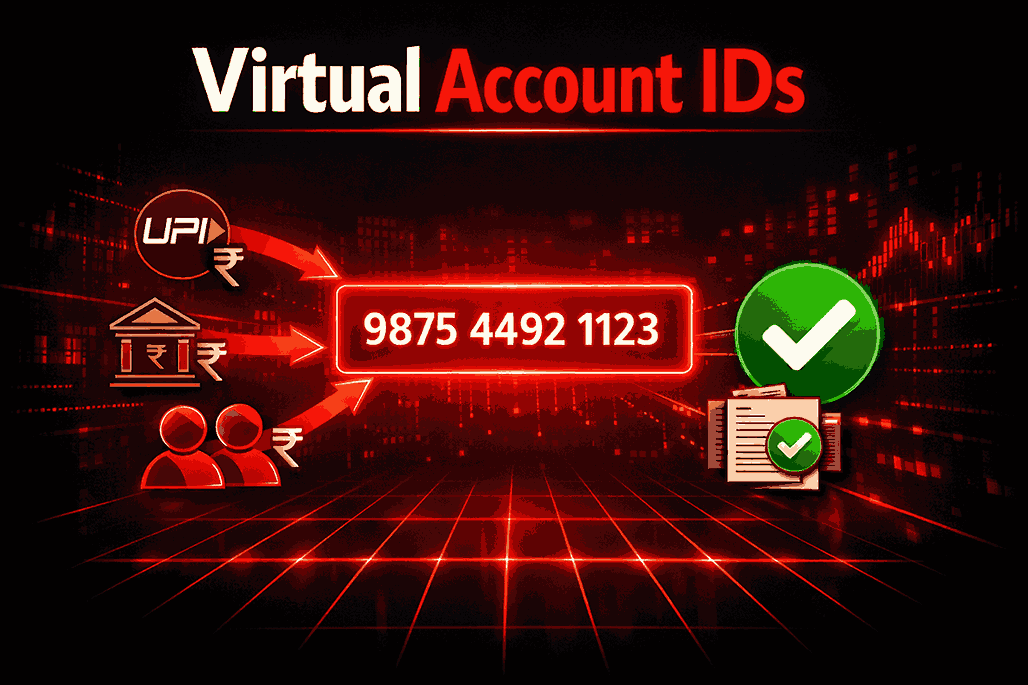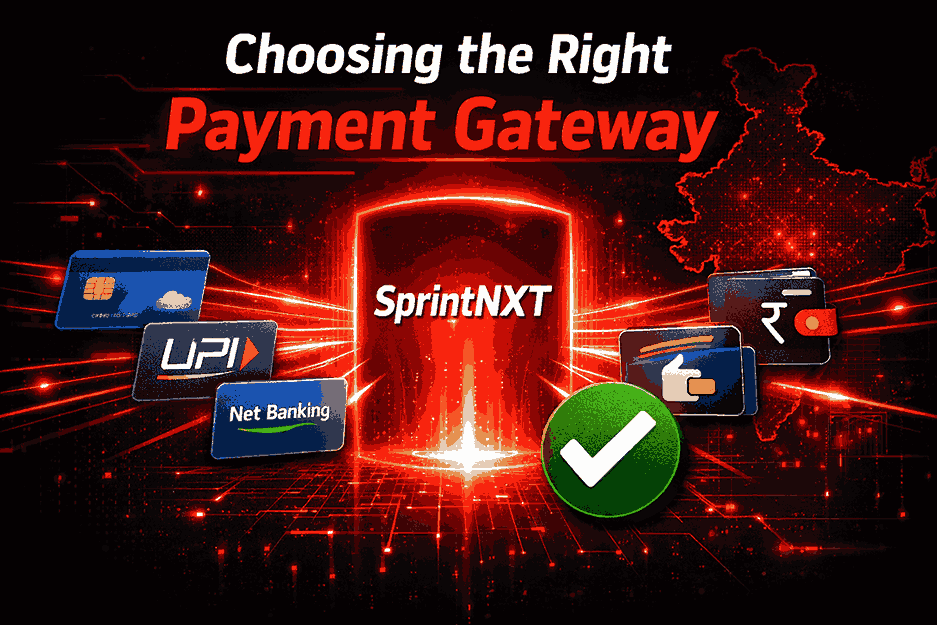The Best Business Banking Solution for Startups: Proven Strategies + 10 Tips

Why Choosing the Right Banking Solution
is Crucial
Starting a business is exciting, but without proper financial management,
even the most promising startup can struggle. The best business banking solution for startups isn’t just a bank
account—it’s a financial hub that supports growth, manages expenses, and sets
the foundation for long-term success. Choosing wisely can save money, boost
efficiency, and help establish credibility with investors and other key stakeholders.
As the startup ecosystem continues to thrive in 2025, founders have more banking options than ever—traditional banks, neobanks, and fintech platforms all compete to serve small businesses. With the right choice, you can simplify bookkeeping, access better funding opportunities, and protect your startup’s financial health.
Table of Contents
- What is a Business Bank Account?
- Difference between Personal and Business Banking
- Key Features Startups Should Look for in a Banking Solution
- Top Business Banking Solutions for Startups in 2025
- Best Online Business Bank Accounts
- How to Choose the Best Bank for Your Startup
- Benefits of Having a Dedicated Business Bank Account
- How to Open a Business Bank Account
- Case Studies: Successful Startups Using Smart Banking Solutions
- Conclusion
- FAQs
What is a
Business Bank Account?
A business bank account is a dedicated account that separates your
startup’s finances from your personal funds. It allows your company to accept
payments, pay bills, and manage expenses professionally. This separation makes
bookkeeping easier, ensures tax compliance, and presents a more credible image
to clients and investors.
Differences
Between Personal and Business Banking
While a personal account is designed for individual use, business
accounts offer specialized features such as merchant services, multiple user
access, and integration with accounting software. Startups also benefit from
additional security protections and credit-building opportunities that personal
accounts simply don’t offer.
Key Features Startups
Should Look for in a Banking Solution
Online Banking
and Mobile Accessibility
Startups need convenience. A great business banking solution should offer
mobile apps, instant transfers, and 24/7 account access, empowering founders to
manage finances on the go.
Low Fees and
Transparent Pricing
Hidden fees drain resources. Look for banks with low monthly fees, free ACH transfers, and transparent pricing
structures. Some digital-first banks even waive minimum balance requirements.
Integration
with Accounting Tools
Integration with tools like QuickBooks or Xero simplifies bookkeeping and
tax preparation. Automated categorization and expense tracking save hours every
month.
Top Business Banking
Solutions for Startups in 2025
Traditional
Banks vs. Neobanks
Traditional banks like Chase or Bank of America offer physical branches and established reputations. Neobanks like Mercury, Novo, and Brex cater specifically to startups, offering faster onboarding, tech integrations, and lower fees.
| Feature | Traditional Banks | Neobanks (Fintech) |
| Onboarding Speed | 1–2 weeks | 1–3 days |
| Fees | Higher, multiple charges | Lower, transparent |
| Tech Integration | Limited | Advanced APIs & automation |
| Branch Access | Yes | No |
Best Online Business Bank Accounts
Some of the best online banking platforms for startups in 2025 include:
Mercury: Designed for startups,
great for venture-backed companies.
Novo: Offers free banking and
advanced financial tools.
?Brex: Ideal for startups that
need credit lines and spend management.
How to Choose the Best
Bank for Your Startup
Assessing Your Startup’s Unique Needs
Every startup is different. Consider whether your business requires
international transfers, credit access, or integration with fundraising
platforms.
Evaluating
Customer Support
Choose a bank with responsive support. Live chat, email assistance, and a
dedicated account manager can make a world of difference.
Considering
Scalability
Look for banks that can grow with you. Features like multi-user
permissions and advanced reporting are crucial as your team expands.
Benefits of Having a
Dedicated Business Bank Account
Financial
Organization and Separation
Keeping your personal and business finances separate avoids confusion,
simplifies tax filing, and improves financial reporting accuracy.
Building
Business Credit
A dedicated business account allows you to build credit history, which is
essential for securing loans, grants, or venture capital.
How to Open a Business
Bank Account
Requirements
and Documentation
To open a business account, you’ll typically need:
Business formation documents (LLC, corporation papers)
EIN (Employer Identification Number)
Ownership agreements
Proof of identity
Steps to Get
Approved Quickly
Choose a bank that aligns
with your startup’s needs.
Gather all required
documentation.
Apply online or at a
branch.
Fund the account to
activate it.
Comparing Banking Fees for Startups
Monthly Fees, Transaction Costs, and Hidden Charges
Banks often charge:
Monthly maintenance fees
Wire transfer fees
ATM withdrawal costs
Minimum balance penalties
Tips for
Minimizing Banking Costs
Use fee-free banks or neobanks.
Choose electronic transfers over wire payments.
Keep an eye on transaction limits.
Security and Fraud
Protection for Startups
Encryption and
Cybersecurity Features
Modern banks use end-to-end encryption, biometric logins, and fraud
detection systems to safeguard your startup’s assets.
Insurance and
Fraud Monitoring
Look for FDIC-insured accounts and automated fraud alerts to protect your
funds.
Innovative Banking Tools
for Startups
Virtual Cards,
APIs, and Automation
Startups can issue virtual cards for employees, automate bill payments,
and integrate with APIs for custom workflows.
AI-Powered
Cash Flow Forecasting
AI tools predict future cash flow trends, helping founders make informed
decisions and avoid liquidity crises.
Case Studies: Successful
Startups Using Smart Banking Solutions
Lessons
Learned from Top Startups
Many unicorn startups scaled faster by leveraging fintech tools to
automate financial processes and cut costs.
How Banking
Helped Them Scale
For example, startups that used AI-driven banking platforms reduced
overhead and improved fundraising outcomes.
Common Mistakes to Avoid
in Startup Banking
Mixing
Personal and Business Finances
This can lead to IRS complications, accounting errors, and credibility
issues.
Overlooking
Fee Structures
Ignoring small fees can cost thousands over time. Always review terms before signing up.




















